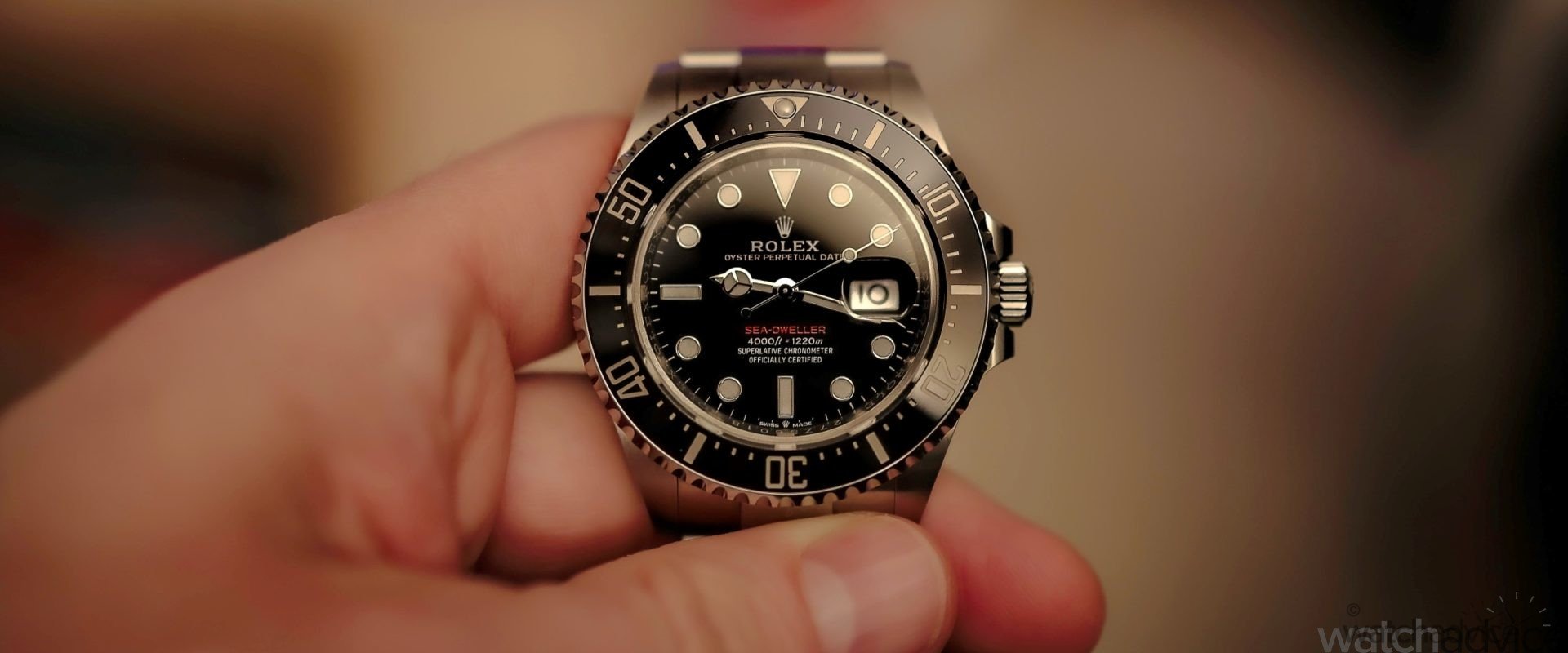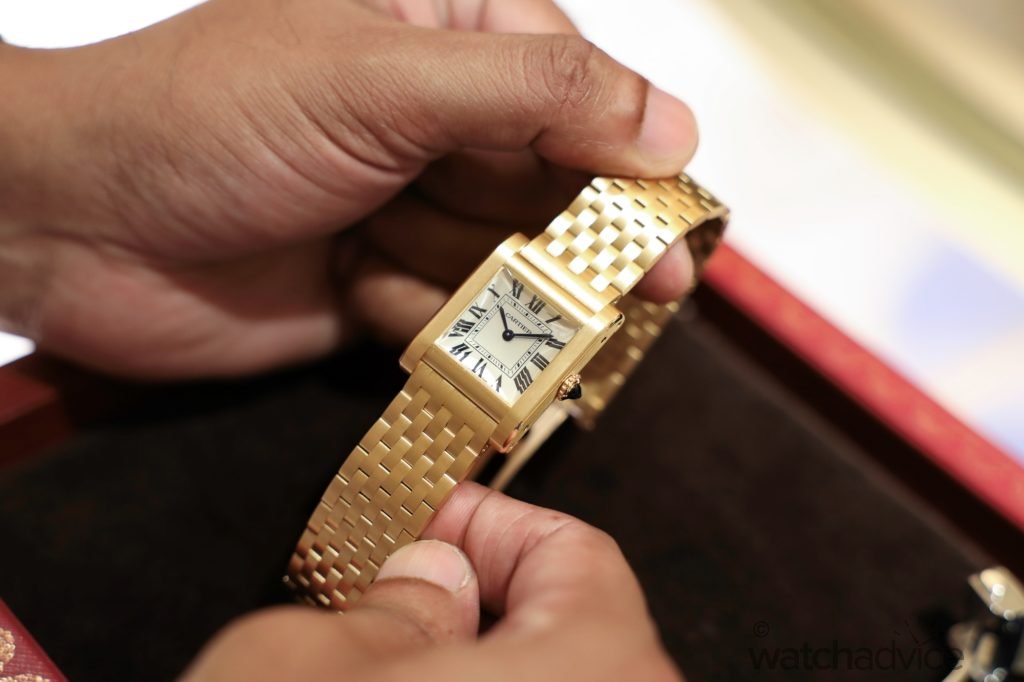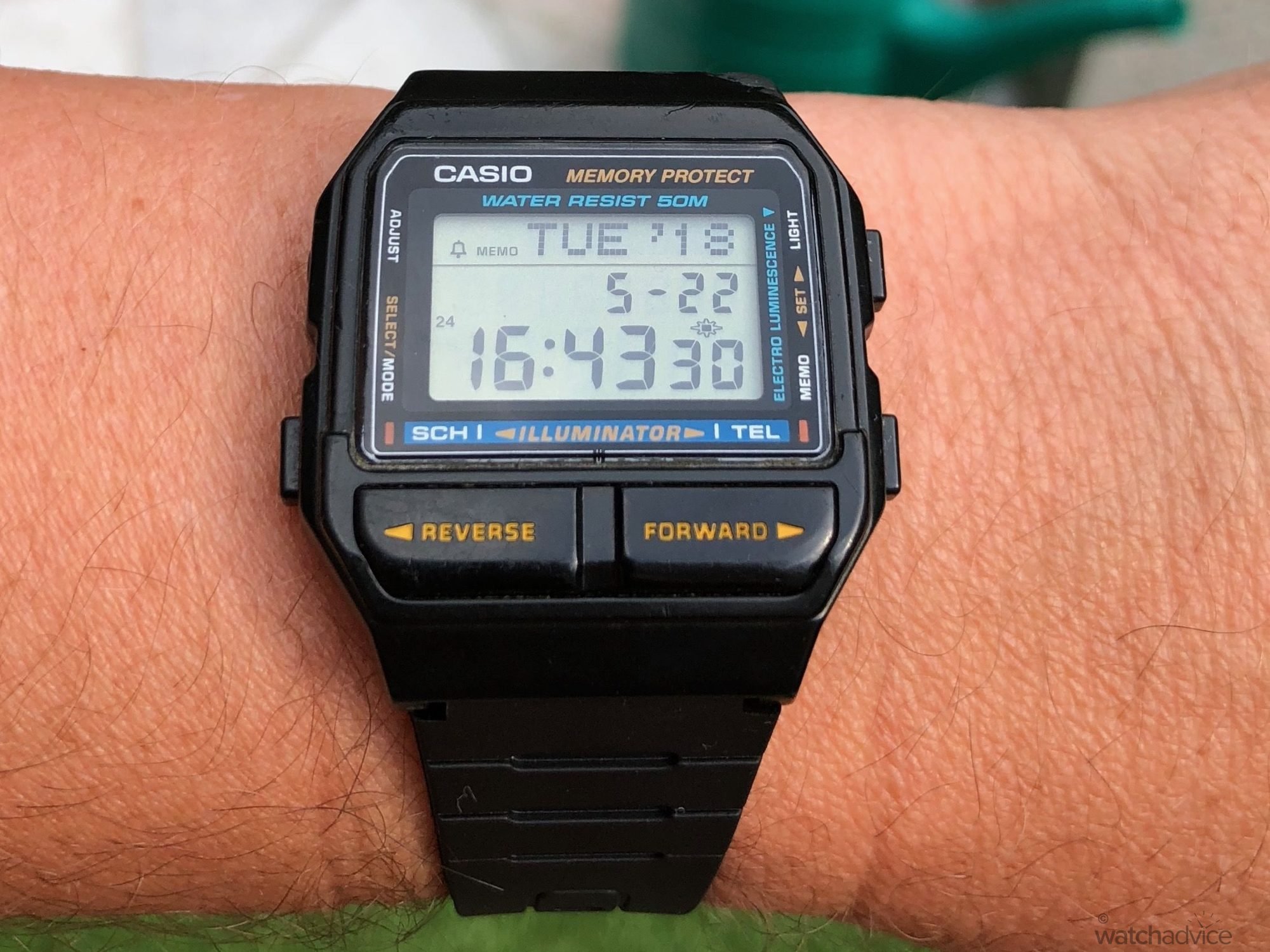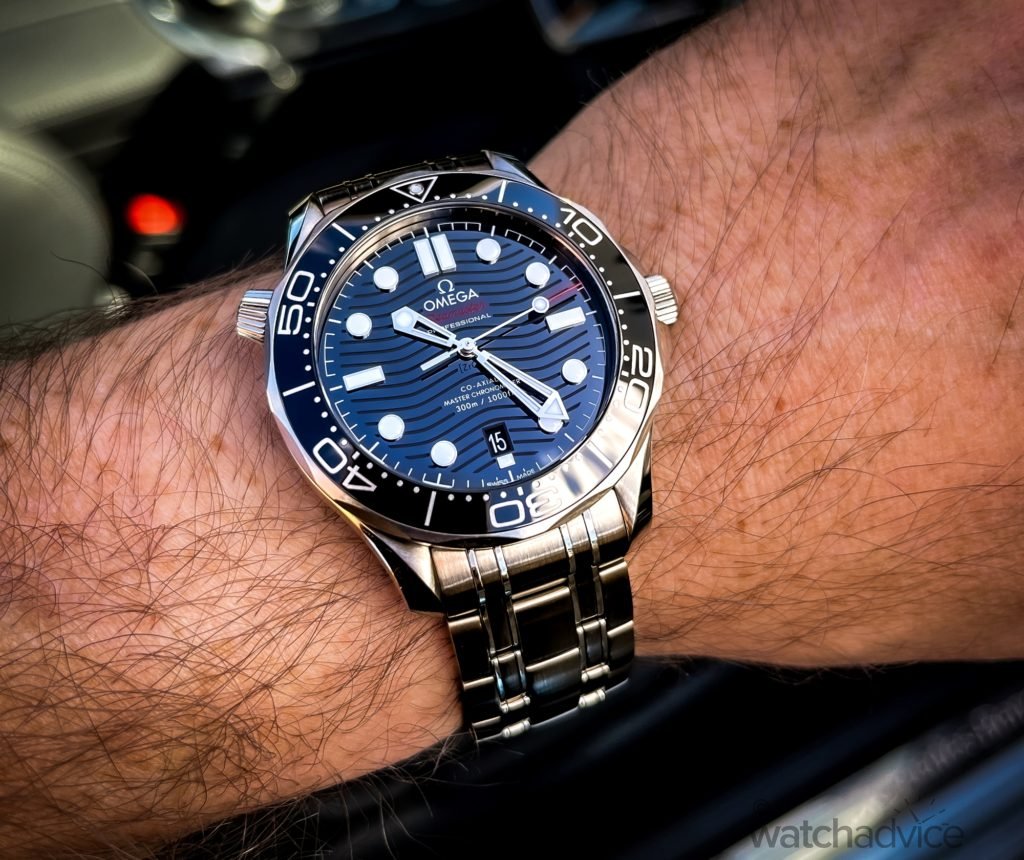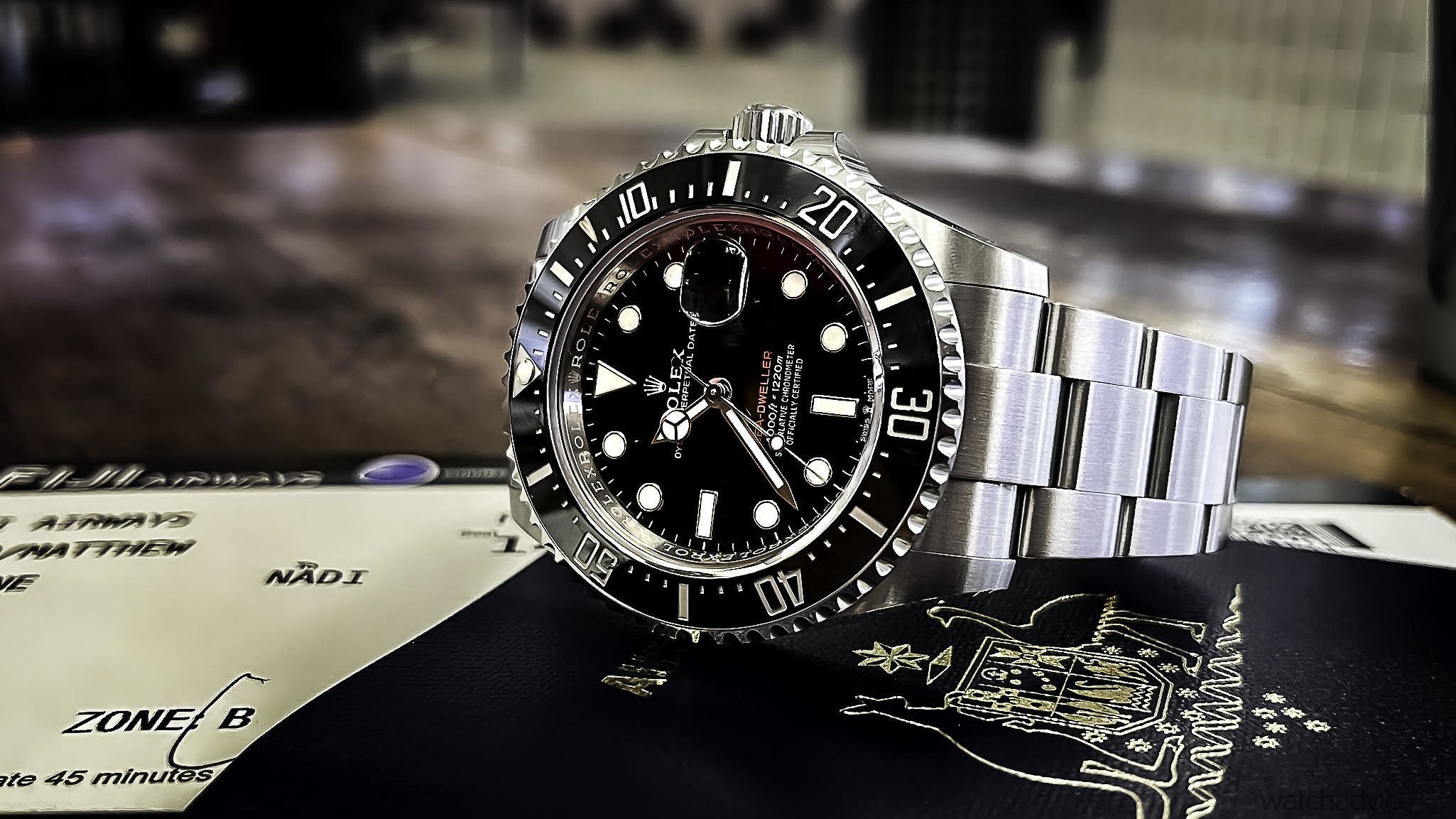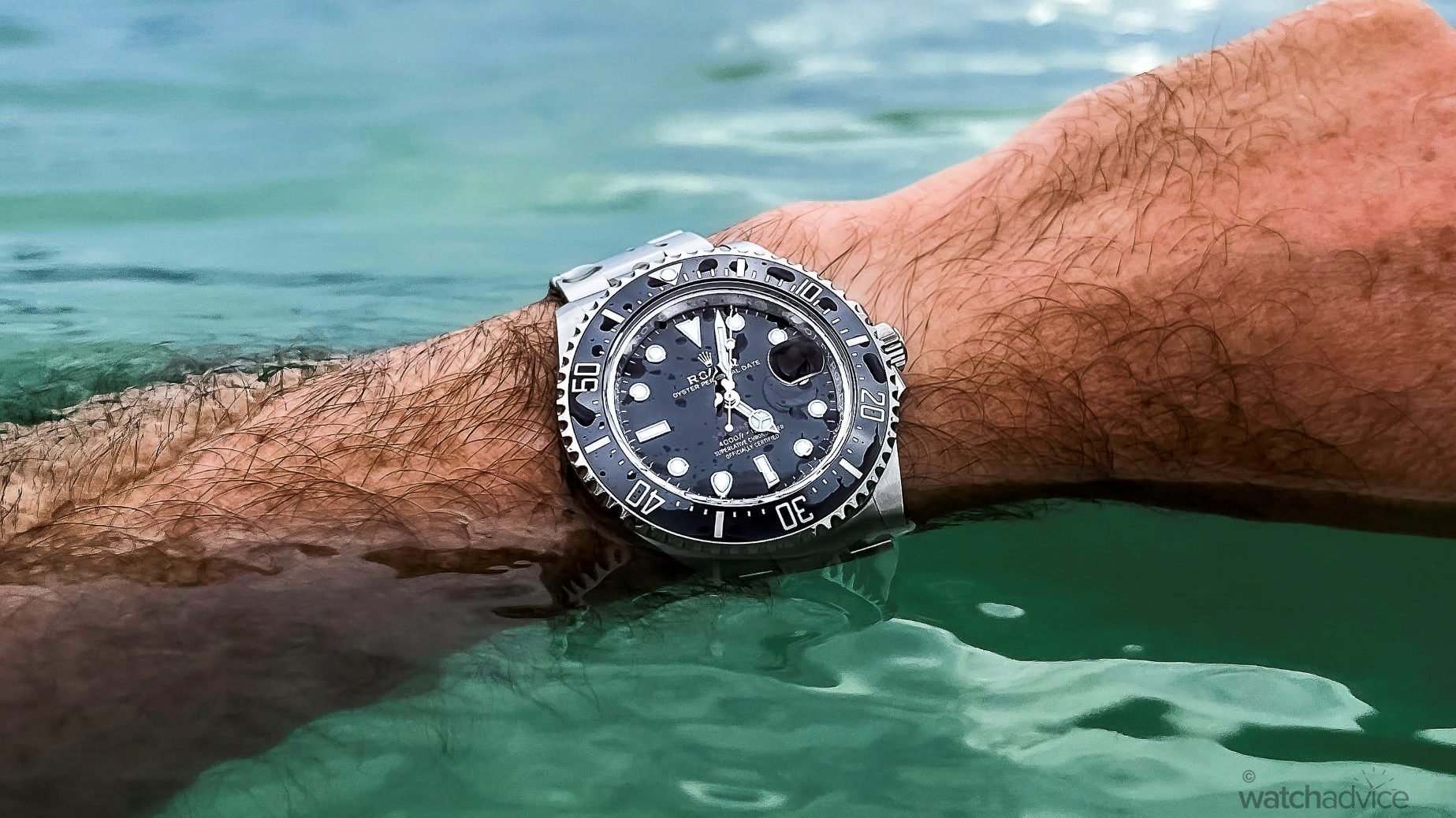Our love for watches can sometimes boarder on full blown obsession, but why do we love them so much? What is it about watches that makes us fall in love with different pieces time and time again?
If you’re reading this, then the chances are you’re a watch lover, collector or enthusiast. You could be just starting out your journey and dabbling in the watch world, or if you’re like me (or worse!) you’re years into a hobby that for most, lasts a lifetime. But, the eternal question is WHY?
What is it about these little ticking mechanical machines that tells us what time of day it is that makes us love them? It has been a question I get asked from time to time, mostly from friends or family that are not into watches. For them, they are just a quick way to tell the time, a piece of jewellery that has a function and for most of them, a simple quartz or mechanical watch worth a few hundred dollars suffices. And usually the follow up question to why do I love them is the statement wrapped in a question: “You paid how much for a watch?!”
For us watch nerds, paying thousands, if not tens of thousands for a time telling machine doesn’t seem strange at all. In fact, you get to a point where paying only a few thousand dollars seems like a bargain or you tell yourself “it my cheapie, my daily beater”. Yes when you write that, it does seem ridiculous. But it’s what we do and love.
But again the question is “why?” Why do we covert selected brands and models so much? Why are some people willing to pay 2 or 3 times retail for some pieces, forking out over $100,000 for them when they’re a $30,000 or $40,000 piece? In this instance it’s probably more of a status thing, but you get my point.
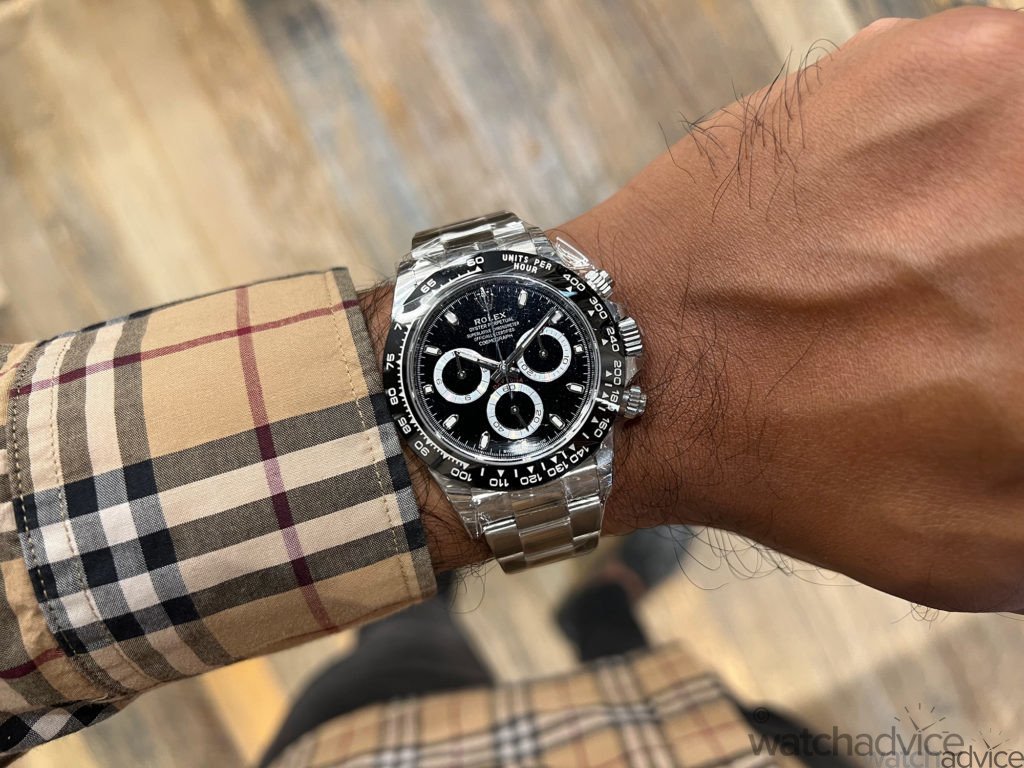
I’ve thought about this question a lot, and the answer I always come back to is not a straightforward one, it’s an answer that is multifaceted and maybe this is just me post rationalising spending way to much money over the years on watches, but it’s the answer and explanation I’m sticking with! And if I think about it, the reason also most probably stems from my exposure to watches at an early age and grew from there, as it does many collectors I know.
For me, it was a present my grandmother brought back for me from a trip to china in 1988, when I was just 8 years old. A blue Casio digital watch that had the normal time, date, stopwatch, countdown timer functions, but it also was able to store about 20 names and phone numbers of people. As an 8 year old who loved action shows like GI Joe, MacGyver, Transformers and the like, having a watch that could do something cool, like a wrist computer you would see on shows and movies was super cool (and geeky) to have, and no one else had one like it. From that day it seems I was hooked.
This story is probably familiar to many, a young boy or girl who gets a gift and starts a lifelong journey. And like most hobbies or interests, this evolves over time as you get older, wiser, more knowledgeable and in the case of watches, the more income you have, the more you can afford to buy. As the saying goes, I’m not rich, just irresponsible!
And for those of us who get into the hobby later on in life, it could start because of a milestone celebration, like the birth of a child, a milestone birthday, a life event, or it could be as simple as you think it’s time you get a nice watch. In any scenario, you get bitten by the bug at some point and you’re hooked.
My own thoughts on why we love watches, why we put so much energy into them and talking about them, studying them, reading and watching content on them, and why they mean so much to us is this: They are an item that not only tells the time, but represents the passage of time, and being on our wrists, is a constant reminder of this. In addition, watches are normally there with us at all our most important moments in life. They are a literally a time capsule of memories that is ever present on your wrist.
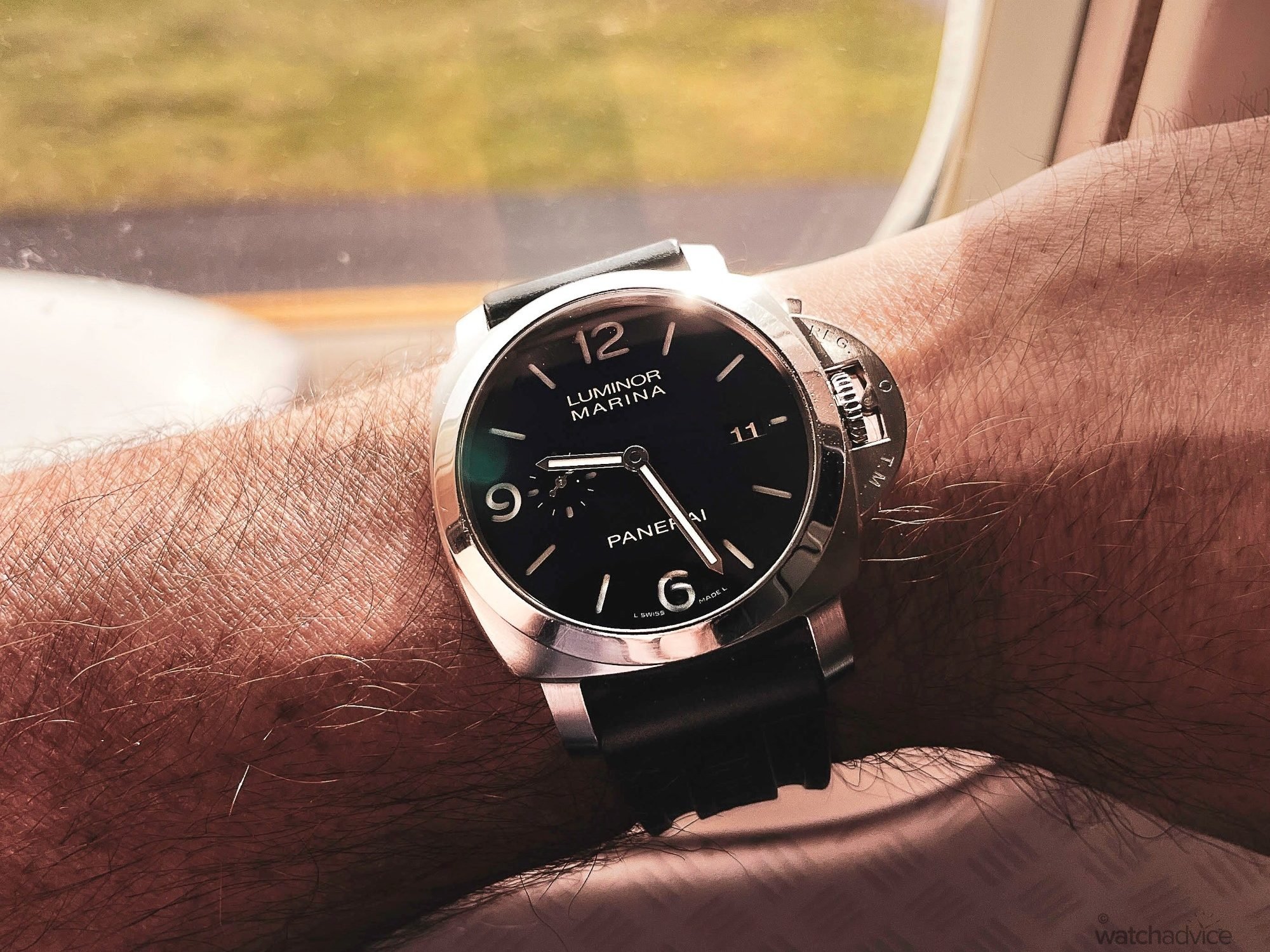
If you’re like me, when you look back at photos, you can picture the watch you were wearing at that point in time or for that occasion, or it may even appear in those photos. If you still have that watch, it just reinforces those memories for us. In my case, I can tell you the watch I was wearing when I got married, the watch I bought on my honeymoon (which you can read about here). I can recall what watch I was wearing when my first daughter was born, and the watch I had on when my second daughter was born.
Whilst watches come and go, the memory of them is still there, and the the prospect of future memories being made with them is somewhat exciting as well. This is perhaps why you hear of so many people buying a watch whilst on holidays. Take away the potential TRS money back and being a slightly cheaper with a favourable exchange rate, it’s the thing that will entrench the memory in your mind, and when you look at the time each day, you smile remembering the good times.
The other part of the love affair with watches is less a personal one, and one that’s more about the human connection. Whilst many watches are made in factories with automated production lines and machines, there is still a human element to most of these mid level and above pieces. The movements are still hand assembled due to the complexity and delicate nature of the components, and for those higher end pieces, each component is meticulously finished by skilled craftsmen. There’s something inherent about connecting with a piece that has been worked on for a number of days, weeks and sometimes months.
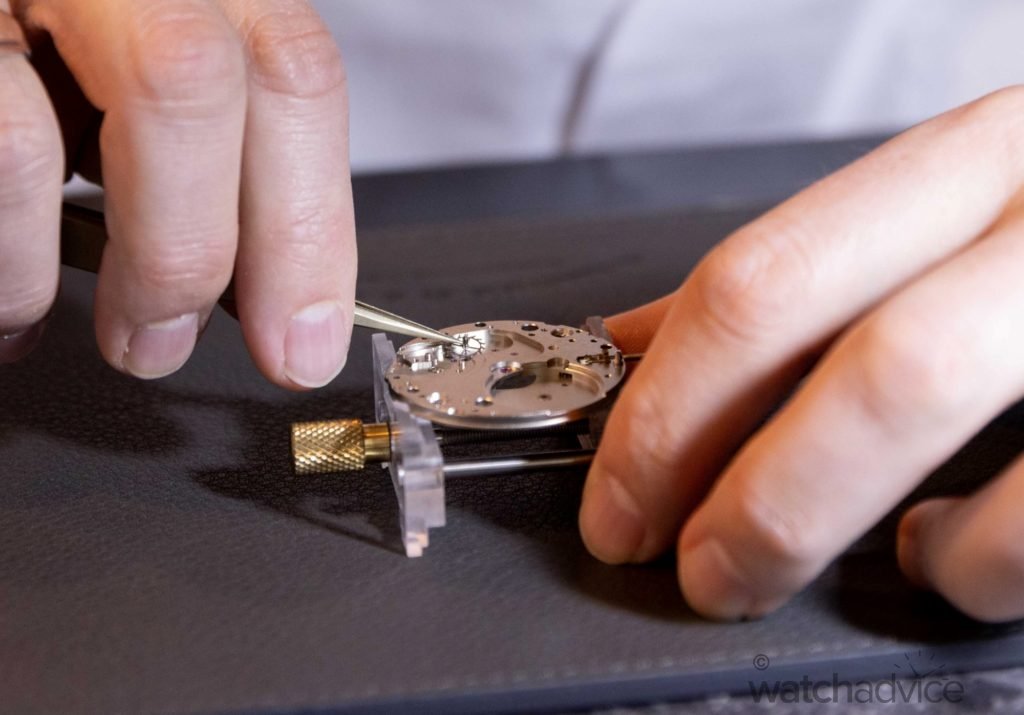
This also leads to the other reason we love them, and maybe one of the reasons I personally love watches. They’re a mechanical instrument that tells time relatively accurately, and all done with a fine spring that unwinds at a certain rate regulated by a small balance wheel. And when combined with artisans and craftsmanship, these small engineering marvels become a blend of science and art.
And this becomes even more impressive once you add in complications like moon phases, or tourbillons or perpetual calendars that don’t need to change for 100 years. It blows my mind that gears and cogs all put together in a way so they turn and can tell you the exact time, day, date, month and year, even taking into account leap years and 30 day and 31 day months and can do so for a century.
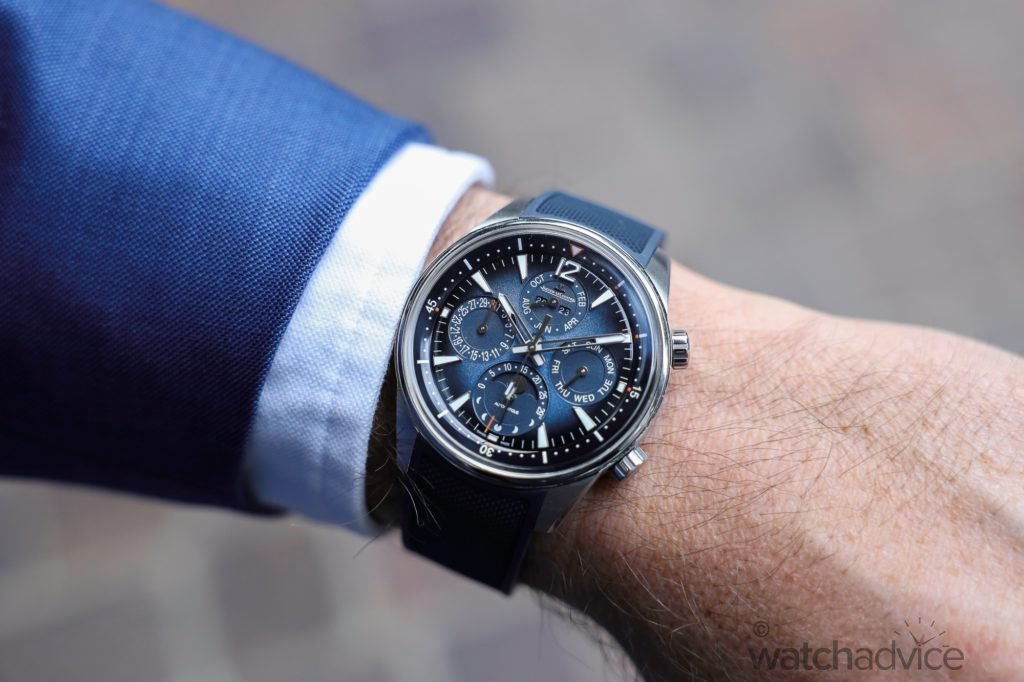
I feel that in today’s era of machine automation, AI, algorithms and throw away goods, mechanical watches are something unique – they’re made with care and preciseness, by a human and blend art and science in a way not many other items in our everyday life do. And when you mix this with the sentiment watches hold in many people’s hearts, you have an item that is a holder of memories and potentially a constant on your wrist every day. And maybe, that same piece will be passed down and new memories made for generations to come.
Why do you love watches? Leave your comments below!


